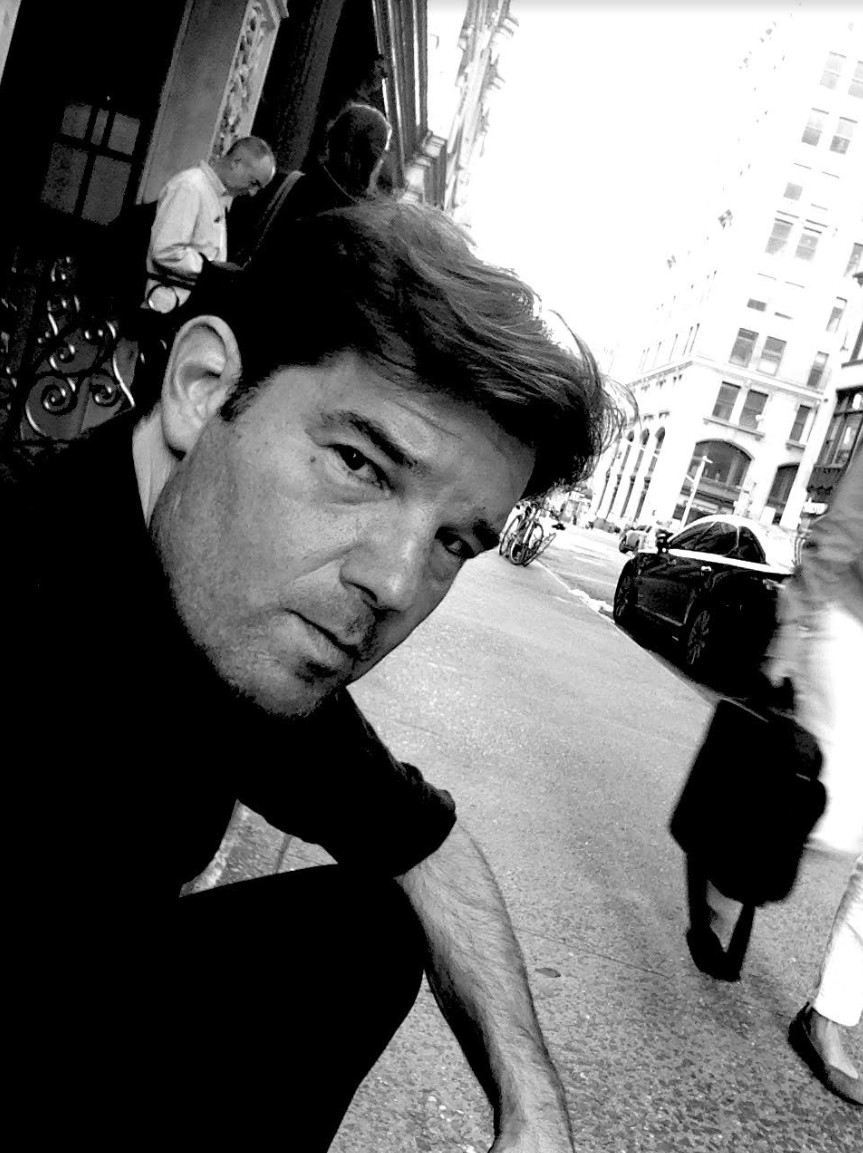Alright – so today we’ve got the honor of introducing you to Bill Marmor. We think you’ll enjoy our conversation, we’ve shared it below.
Bill, thanks for joining us, excited to have you contributing your stories and insights. It’s always helpful to hear about times when someone’s had to take a risk – how did they think through the decision, why did they take the risk, and what ended up happening. We’d love to hear about a risk you’ve taken.
Careers are about taking risks. You decide what you want to do and then pursue it. I wanted to be in filmmaking, and as I learned more about the process, I honed my interest in editing. I liked that the position held a lot of power behind the scenes. You can make or break any project. And you get to be highly creative in how you tell a story.
But, it is difficult to break in. I didn’t know someone who would know someone. Back then, I worked at a night job and handed out resumes during the day. I would sneak onto the studios and spend all day walking hallways and stages looking for someone to talk to and or give out a resume. Mostly this came to nothing. I gave myself one year after graduating college, or I would go to law school. That was my backup plan and also the sword over my head to make things happen.
The risk was of failure and giving up. I got opportunities to work on a film and then commercials. I was grateful for the opportunities that I was a top assistant, and within one year, I was a full-time editor. No one does that! My push to be an editor before the year fueled my ambition and drive.
Without risk, there is no reward and no satisfaction that you have achieved something. That was over 30 years ago and been editing full time since.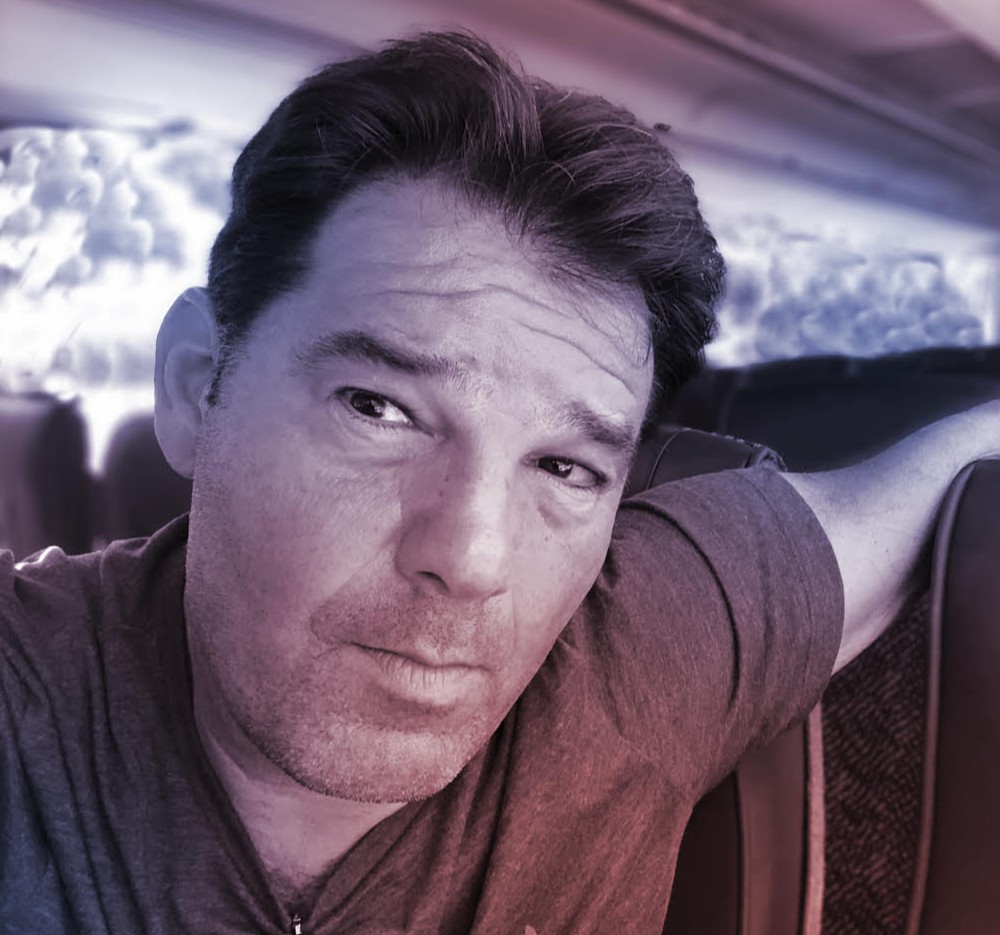
Bill, before we move on to more of these sorts of questions, can you take some time to bring our readers up to speed on you and what you do?
Growing up here in the San Fernando Valley, I was one of those kids who loved movies. I saw everything or rented everything. I always wanted to do something in the film industry but never fully knew what part I could play. After graduating from UC Santa Barbara with a degree in English literature,
After pushing my resume around town, on the studios, and cold calling, I got an opportunity. (back then, you could drive onto a studio lot and say you are delivering something, and they let you on.).
I got my first opportunity to work on a film called Spirit of the Eagle as an apprentice/assistant editor. The editor had cut Rosemary’s Baby and the Graduate, the assistant edited Three Days of the Condor, and the sound editor has been an assistant on 2001 A Space Odyssey, So I am 21 years old and learning from some of the biggest in the industry. We were cutting on film back then, and there were rules to it but also cheats and tricks(like cheat codes but for film). These tricks gave me my next opportunity when I got hired as an assistant at one of the top commercial editing houses in the country. I quickly overstepped many of the other assistants and editors due to my learned skills that no one else had seen. This was how I became an editor; the rest was history. I worked on huge Superbowl spots for Pepsi, IBM, Nike, and many more.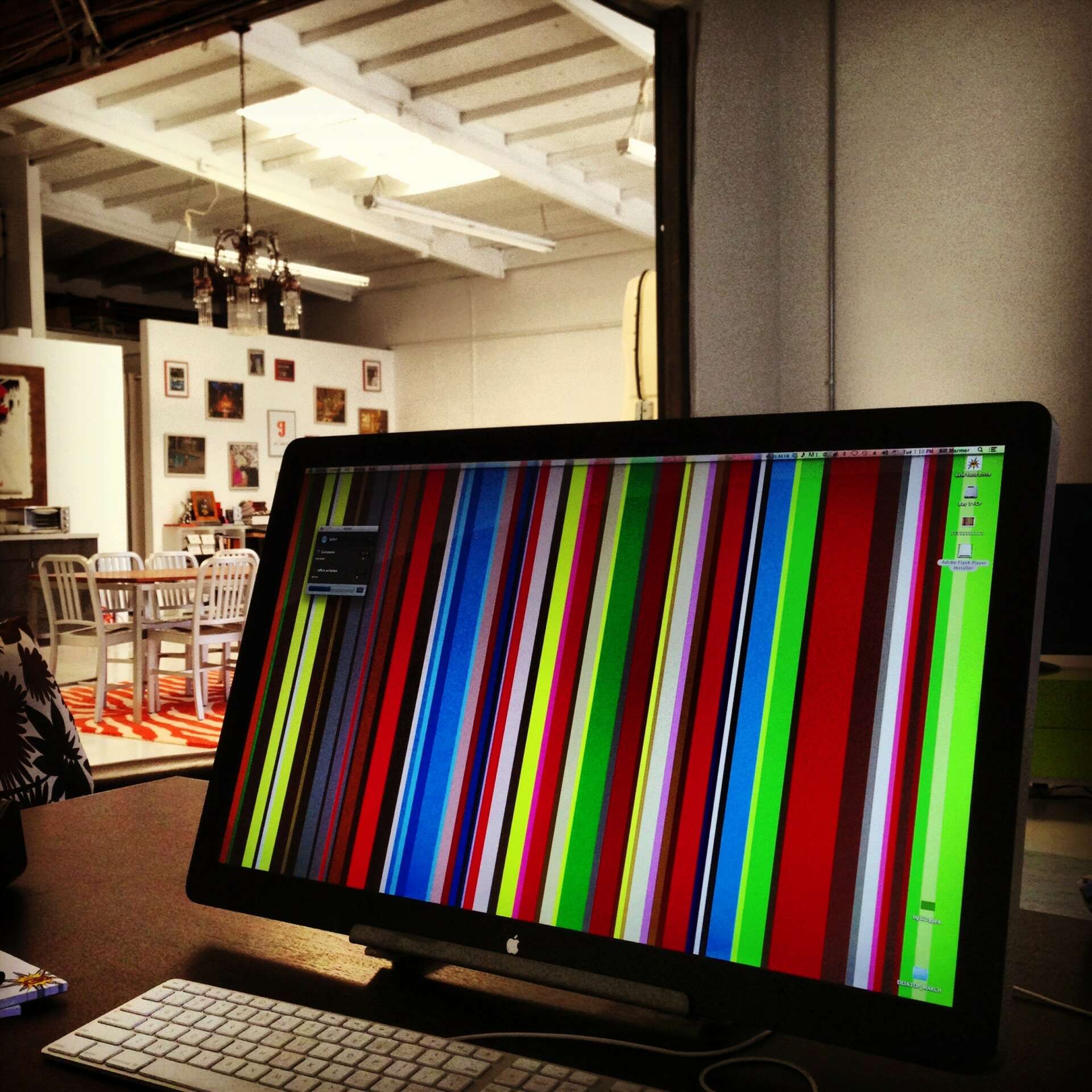
Have you ever had to pivot?
In my career, a few defining moments have forever changed the landscape and industry. The first was the move away from film. Editors who had worked on film for 40 years suddenly were losing jobs to editors who could work on a digital platform, computer editing. This shift was defining for me because I was young and saw an opportunity to embrace this new option and be a leader rather than a follower. I was an early adopter, and because of that, I made that transition with ease, but for many, that was not the case. Cutting on film was nothing like cutting on a computer, and it changed the process and industry to this day.
In any industry, there is always going to be change. How you approach and embrace change will make the outcome to your advantage, like the financial downturn in the 2010s when my industry started to create in-house editing companies in production and advertising agencies, and the writing was on the wall. The ability to operate my own brick-and-mortar (at that time, we had an office and were considering opening in other cities) was becoming too challenging, and the work was not as robust. The pivot to being freelance was not easy and took a while to adjust, but that ability to be flexible will make or break you.
Being malleable, flexible, open, and willing to embrace new ideas and options will set you apart from your competitors. As you get older, you must be open to change, work hard to stay relevant, and stay on top of the technology and trends. From 30-second commercials for broadcast to 6-second banner ads, that is the new world we work in, and it is how you approach the work that matters. I still bring my curiosity and ambition to every project that comes along. I won’t settle for just okay but strive to hit the home run to make something special every time no matter what the content is.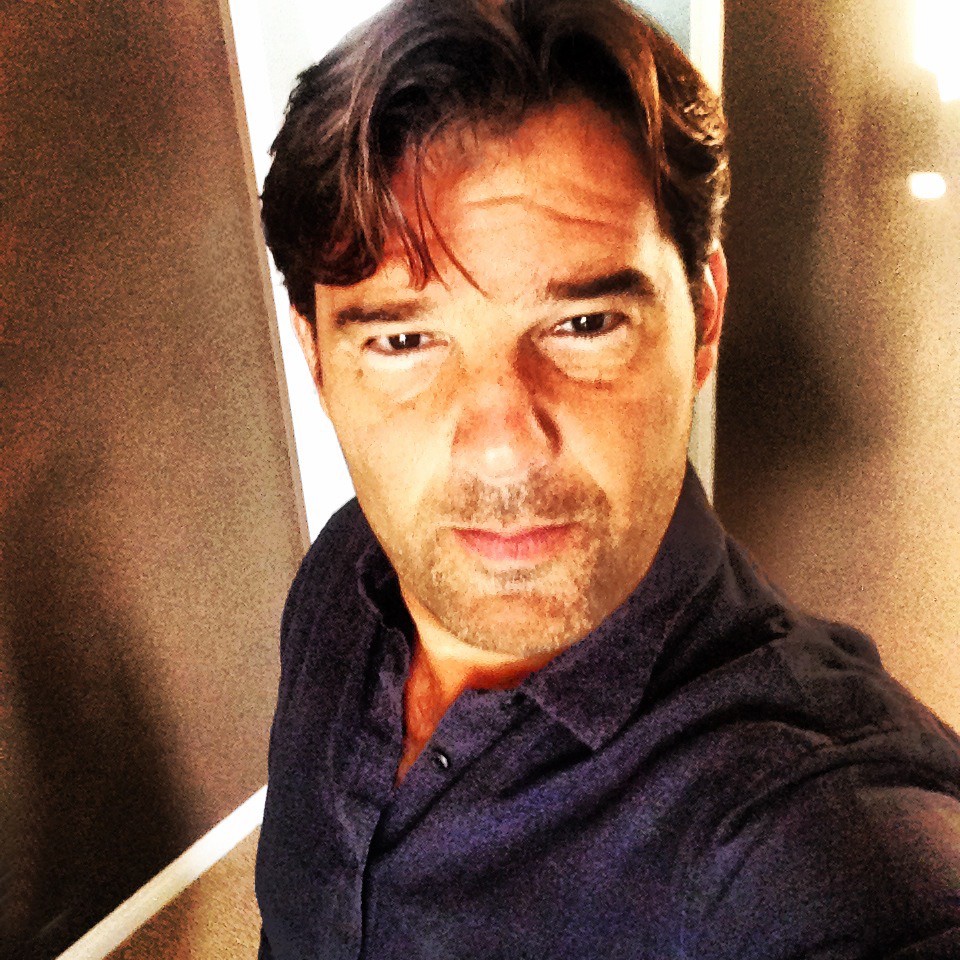
What’s the most rewarding aspect of being a creative in your experience?
The best parts of filmmaking are the collaboration and the final product. Working as a team is a lot of fun, and you build experience together. But also, because it is a creative process, it is this process that produces the best work. Being challenged or sorting through options, the experiences everyone brings to the table create the best results. And let’s face it, we can wear T-shirts and jeans and never have to go to the dry cleaners!
Ultimately, you have something to show for all your hard work, struggles, and victories. If it is a film, documentary, or commercial, the public will see it. Seeing your work out there in public and being well received is very rewarding. I’ll never forget I was on holiday in Ibiza and at a bar on the island’s far side where no one spoke English. I was ordering a beer, and the tv behind the bar had music videos playing. I suddenly noticed that it was a video I had cut of Sade. Your efforts become part of the cultural zeitgeist. Your hands are part of molding entertainment and content that affects others. No one knows it was you, which is the best part of being the editor, but it is the self-awareness to know your efforts worked. 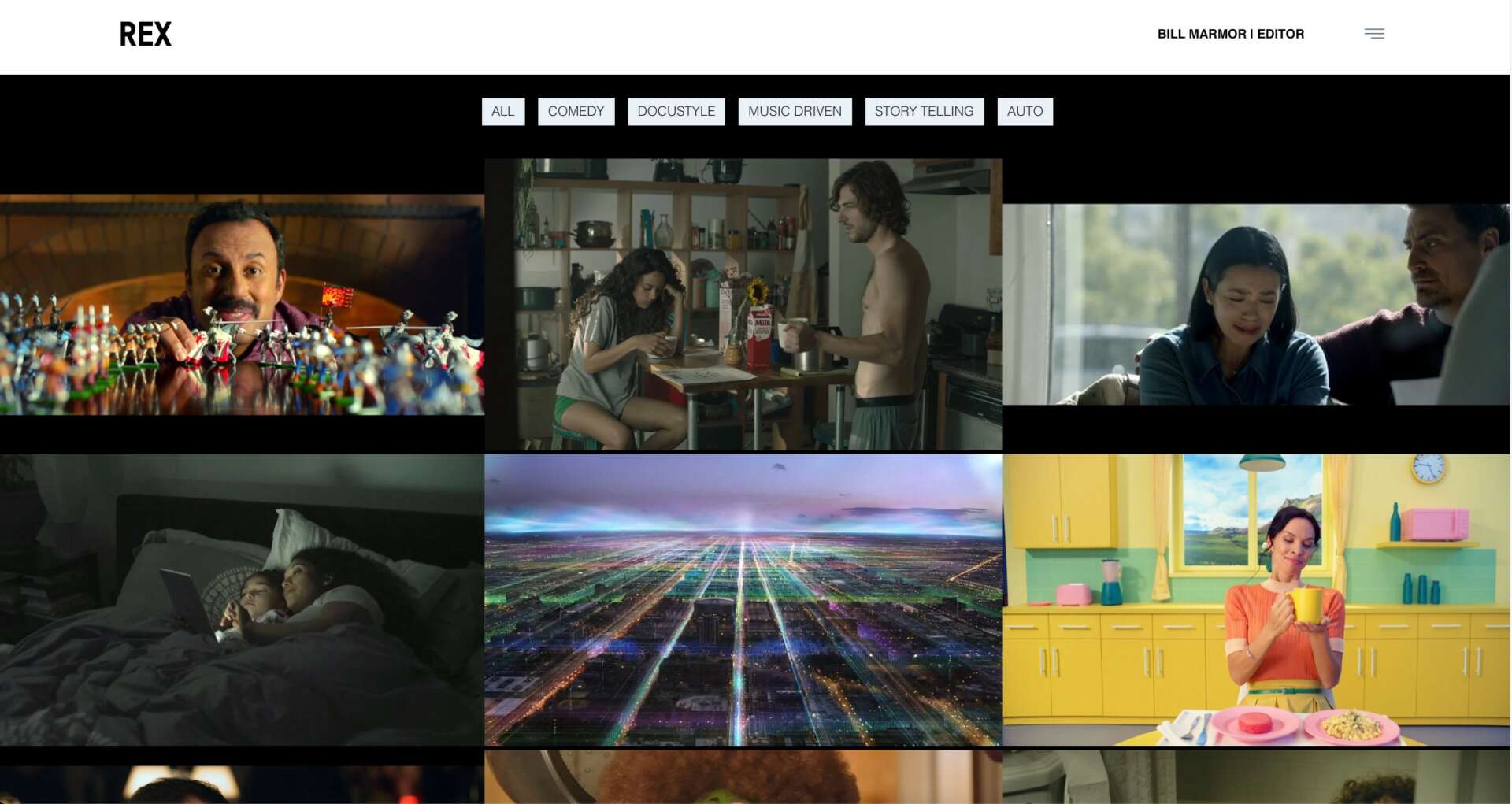
Contact Info:
- Website: rexedit.com
- Instagram: https://www.instagram.com/billmarmor/
- Linkedin: https://www.linkedin.com/in/billmarmor/
Image Credits
bill marmor


